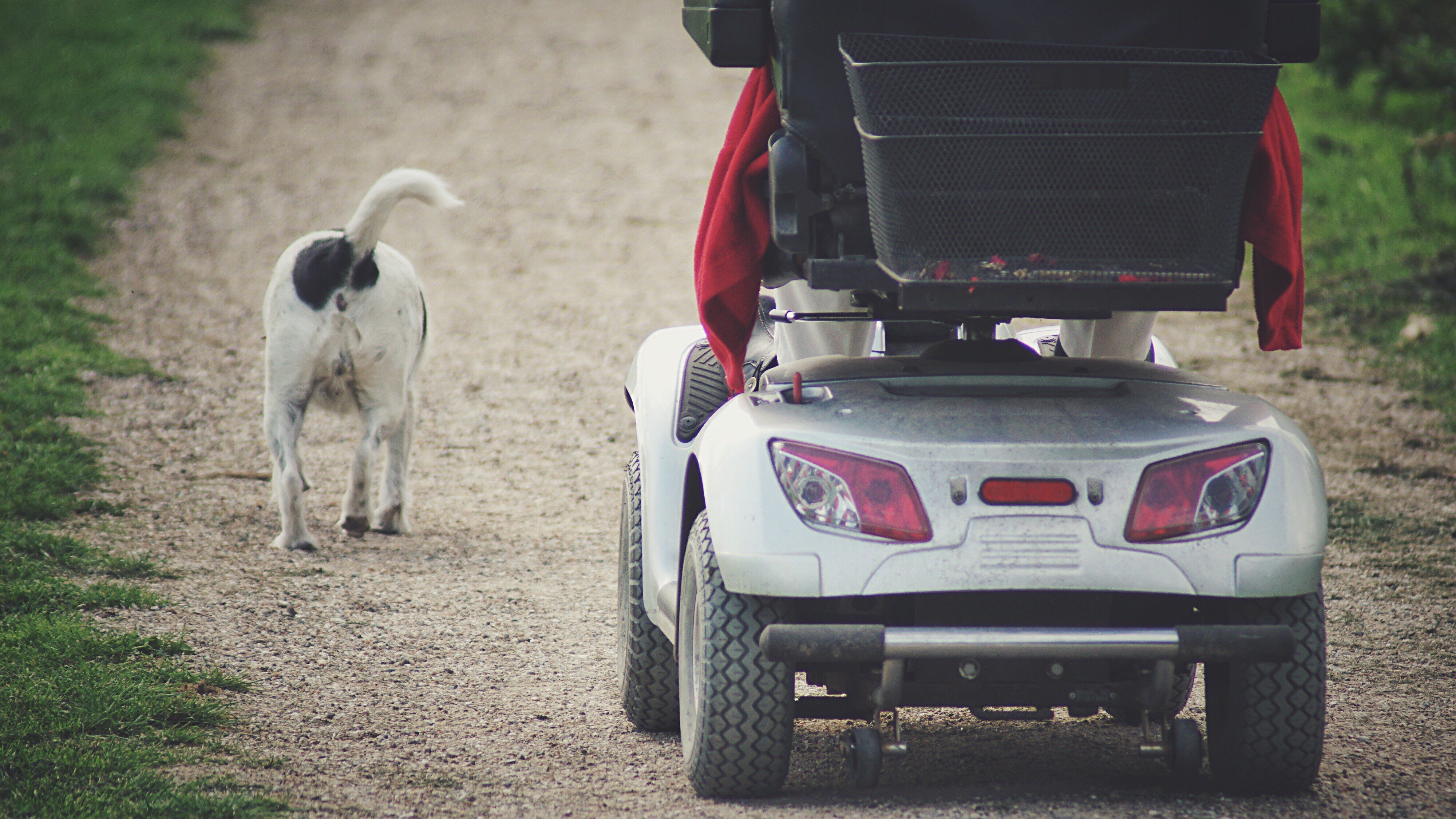Understanding Mobility Scooters: A Comprehensive Guide
Mobility scooters have ended up being an important tool for individuals who face mobility difficulties, supplying self-reliance and a means of transportation. They are developed to help users in browsing different terrains, whether inside or outdoors, permitting them to engage more fully in daily activities. This post will check out the types of mobility scooters, their functions, benefits, and considerations for prospective users.
What is a Mobility Scooter?
A mobility scooter is a motorized automobile made for people with physical constraints. It helps users preserve their mobility and independence, offering an efficient means of transport over brief distances. While they might look comparable to small electric cars, mobility scooters are normally powered by batteries, with controls developed for ease of usage.
Types of Mobility Scooters
There are numerous types of mobility scooters offered in the market, each designed to deal with different needs and choices. Here's a breakdown of the most common types:
| Type of Mobility Scooter | Description | Best For |
|---|---|---|
| Three-Wheeled Scooters | These scooters use excellent maneuverability and small turning radius but might lack stability. | Indoor use and tight spaces. |
| Four-Wheeled Scooters | Often more stable than three-wheeled designs, these scooters are ideal for outside use. | All-terrain travel and outdoor activities. |
| Portable Scooters | Lightweight and foldable, these scooters are created for easy transport. | Travelers and individuals with limited storage space. |
| Sturdy Scooters | Built for bigger users, these are robust and can manage much heavier weights, frequently geared up with better battery life. | Users requiring additional assistance and stability. |
| Feature-Rich Scooters | These may include sophisticated innovation such as Bluetooth connectivity, built-in GPS, and adjustable seating. | Tech-savvy users searching for convenience and benefit. |
Key Features of Mobility Scooters
When choosing a mobility scooter, purchasers need to think about several important functions. The following list outlines crucial elements that can considerably influence their experience:
- Weight Capacity: Understanding the scooter's weight limitation is crucial to guarantee safety and performance.
- Battery Life: A longer battery life equates to more prolonged usage in between charges, which is vital for lengthy journeys.
- Speed: Typical mobility scooters can reach speeds in between 4 to 8 miles per hour, but it's important to select one that fits the user's requirements.
- Comfort: Look for adjustable seats, armrests, and backrests that improve the general riding experience.
- Mobility: If traveling often, a lightweight and collapsible scooter is beneficial.
- Surface Capability: Some scooters are better geared up for rough surfaces, while others work best on smooth surfaces.
Advantages of Using Mobility Scooters
Mobility scooters use numerous benefits that can substantially improve users' lifestyle. These include:
Increased Independence
Lots of individuals who deal with mobility rely on household or caretakers for transportation. Mobility scooters empower users to move about freely and perform errands by themselves, cultivating a sense of independence and self-sufficiency.
Enhanced Quality of Life
Having the capability to take a trip unassisted can cause social engagement, improved psychological wellness, and in general better quality of life. Users can participate in social activities, go to loved ones, and explore their neighborhoods.
Cost-Effectiveness
Compared to other mobility aids or services, mobility scooters can be more affordable. They can eliminate the requirement for costly adjustments to homes or dependence on transportation services.
Adjustability and Customization
Lots of mobility scooters include alternatives for customization, making sure that users can customize them to best satisfy their private needs.
Factors to consider Before Purchase
Before picking the ideal mobility scooter, prospective buyers need to keep these factors to consider in mind:
- Lifestyle Needs: Assess how the scooter will suit daily routines, including the frequency and locations of use.
- Trial Rides: If possible, taking a couple of models for a test drive can assist assess convenience and maneuverability.
- Budget: Costs can vary widely, so specifying a budget plan upfront is necessary.
- Service warranty and Service: Always consider the service warranty used and the schedule of client service in case of repairs.
Frequently Asked Questions About Mobility Scooters
1. How quickly do mobility scooters go?
Mobility scooters generally range from 4 to 8 miles per hour, depending on the design and its power capability.
2. Are mobility scooters covered by insurance?
Many insurance plans may cover part of the cost if a physician recommends the scooter; nevertheless, policies differ substantially.
3. Can I drive a mobility scooter on the roadway?
This depends on regional laws and guidelines. In some areas, mobility scooters may be allowed on public roadways, while in others, they are limited to walkways and paths.
4. How long does the battery last?
Battery life generally depends on the scooter design and kind of use. Common mobility scooter batteries can last anywhere from 6 to 12 miles on a single charge.
5. Are mobility scooters safe?
Mobility scooters are generally safe when used properly. It's necessary to acquaint oneself with the controls and run them responsibly.
Mobility scooters play an essential role in the lives of people with mobility challenges. By comprehending the types, features, benefits, and factors to consider associated with these lorries, users can make informed choices. This can cause increased self-reliance, a much better lifestyle, and renewed access to the world around them. Whether for israelpilarz.top , errands, or leisure activities, a mobility scooter can be a life-changing investment for lots of people.

